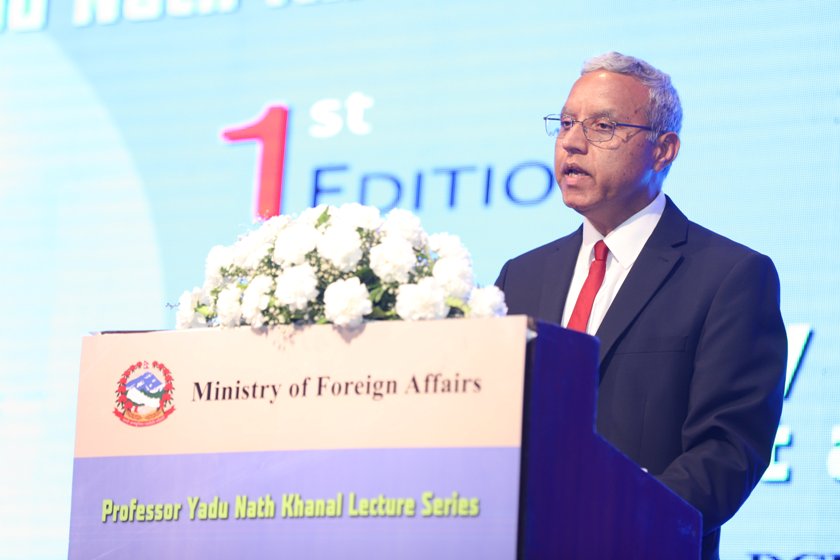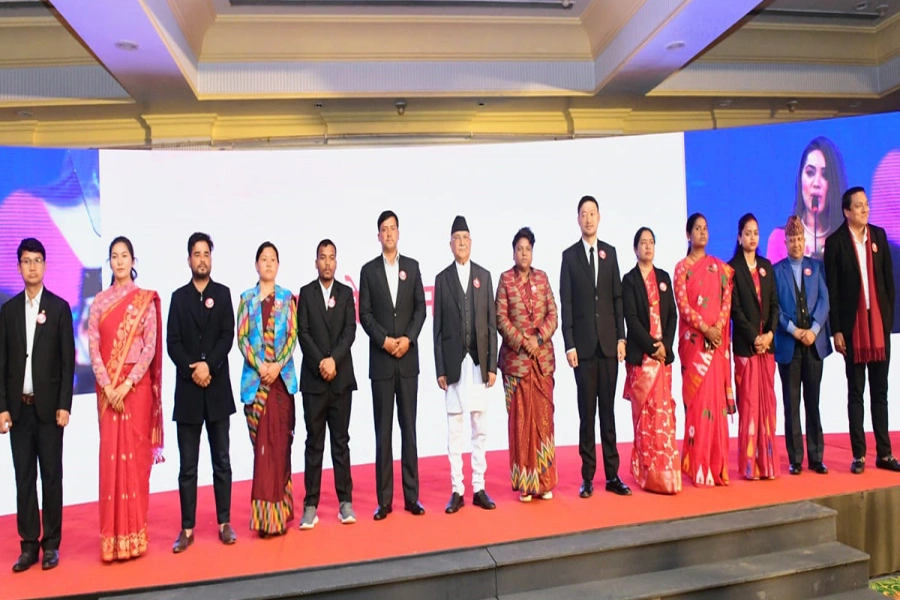The Constitution of Nepal recognises the Speaker of the House of Representatives (HoR) and the Chairperson of the National Assembly as Very Very Important Persons (VVIPs). Alongside the President, Vice President, Prime Minister, and Chief Justice, these officials are entrusted with safeguarding checks and balances in a democratic system. Their oath to uphold truth and impartiality symbolises a commitment to act without bias. Yet, questions about the conduct of these office bearers frequently arise—questions that should ideally be avoided. Such scrutiny underscores the need for these individuals to remain above partisan interests. The respect and responsibility vested in them by the state are paramount and must not be compromised. In a recent HoR session, independent lawmaker Dr. Amaresh Kumar Singh raised serious concerns about Speaker Devraj Ghimire’s neutrality. While Speakers are expected to sever party ties upon assuming office, Singh accused Ghimire of acting in the interest of his former party, CPN-UML. “We will not accept your party-based directives,” Singh asserted, challenging the Speaker’s moral authority. “You are supposed to represent Parliament, not UML. You behave like a party cadre. We weren’t elected by your favour—we were elected by the people.”
This incident highlights a broader issue: the risk of parliamentary leadership becoming partisan, thereby obstructing legislative processes rather than facilitating them. Historically, figures like Krishna Prasad Bhattarai and Daman Nath Dhungana set benchmarks for Speaker impartiality and parliamentary dignity in Nepal. Their legacy, however, has weakened over time. While Speakers like Taranath Ranabhat, Ram Chandra Paudel (now President), and the late Subash Chandra Nembang made notable contributions, recent years have seen the Speaker’s role diminished—often due to the actions of prime ministers who failed to respect or elevate the office’s dignity. Political deals struck outside the House have further undermined parliamentary authority.
Net Neutrality in Nepal

An effective Parliament is vital for public trust in democracy. When it becomes a platform for meaningful deliberation rather than a battleground for disruption, democracy begins to resonate in everyday life. Unfortunately, in Nepal, dissent often manifests as prolonged obstruction, paralyzing legislative functions for months. Strong and impartial leadership from the Speaker, opposition leaders, and party whips is essential to restore functionality. Democracy depends on strong institutions—and those who lead them must embody ethical and moral responsibility. Today, institutional performance appears to be waning, resulting in unmet public expectations. If the Prime Minister dominates every sphere and other institutions fail to assert their roles, democracy risks becoming dysfunctional. When internal members begin questioning leadership, it signals institutional breakdown. The failure to strengthen these pillars of democracy will inevitably yield damaging consequences. It is high time to ensure that neutrality, not partisanship, defines the person sitting in the Speaker’s chair.







































